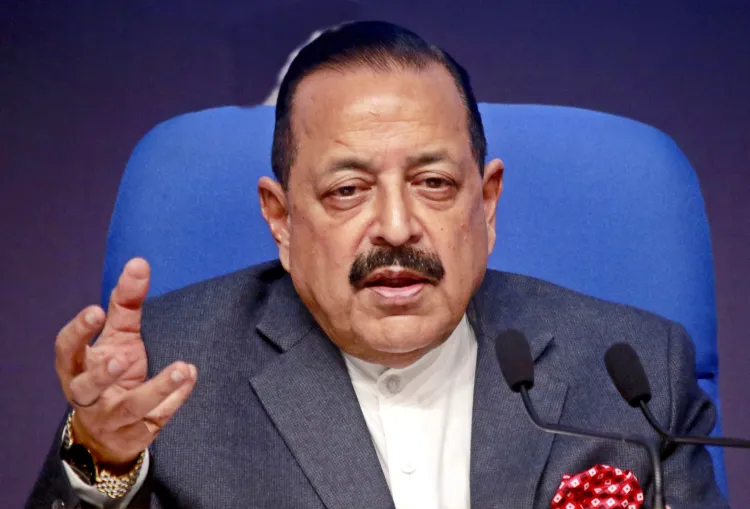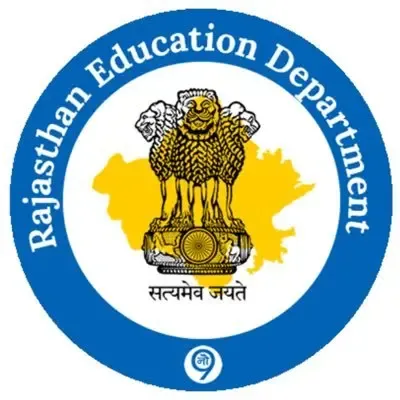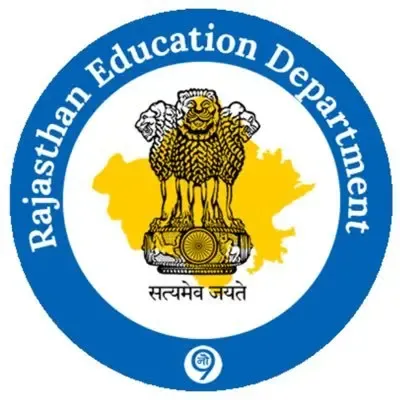Indian Space Economy Projected to Reach $44 Billion Soon: Jitendra Singh

Synopsis
Key Takeaways
- India's space economy is set to grow to $44 billion.
- Space budget has tripled under PM Modi's leadership.
- Private sector and FDI are being encouraged.
- ISRO leads in cost-effective space exploration.
- India aims to carve a leadership role in global space exploration.
New Delhi, Feb 26 (NationPress) India's space economy is projected to experience a remarkable five-fold growth from $8 billion to $44 billion in the upcoming years, as stated by Dr. Jitendra Singh, the Union Minister of State (Independent Charge) for Science and Technology.
He emphasized that this expansion will significantly contribute to the Indian economy, aiding in the journey towards Viksit Bharat by 2047. During his address at an event in New Delhi, Singh mentioned that the increased space budget is a critical element driving advancements in the Indian space sector.
“Under Prime Minister Narendra Modi's leadership, the space budget has nearly tripled—from Rs 5,615 crore in 2013-14 to Rs 13,416 crore in 2025-2026—demonstrating the government’s dedication to promoting growth in the space sector,” Singh noted.
He pointed out that 2014 marked a significant turning point for India's space ambitions, highlighting PM Modi’s innovative decision to open up the space sector, which represents a proactive shift in government policy.
This initiative includes encouraging private sector involvement and inviting Foreign Direct Investment (FDI). The strategic framework aims to create synergy between governmental and non-governmental sectors through initiatives such as NewSpace India Limited (NSIL) and In-SPACe, fostering innovation and opportunities within the space industry, according to the MoS.
He noted that first-generation space startups have evolved into successful businesses. Singh also reflected on the historic achievements of the Indian Space Research Organization (ISRO), such as being the first nation to successfully reach the Moon's South Pole.
He acknowledged that while ISRO's journey began when other countries had already sent astronauts to the moon, India is now at the forefront of space exploration, utilizing cost-effective and indigenous technologies.
Referring to the Chandrayaan mission, which was accomplished at just Rs 600 crore—half the expenditure of similar missions conducted by other nations—Singh highlighted India’s emergence as a global leader in space, science, and technology.
Singh also addressed ISRO’s contribution to enhancing communication and connectivity, reinforcing India’s self-sufficiency in space and satellite technology.
“India’s space sector will not only align with global standards but will also establish its own leadership on the international stage, heralding a new era in space exploration,” Singh asserted.







